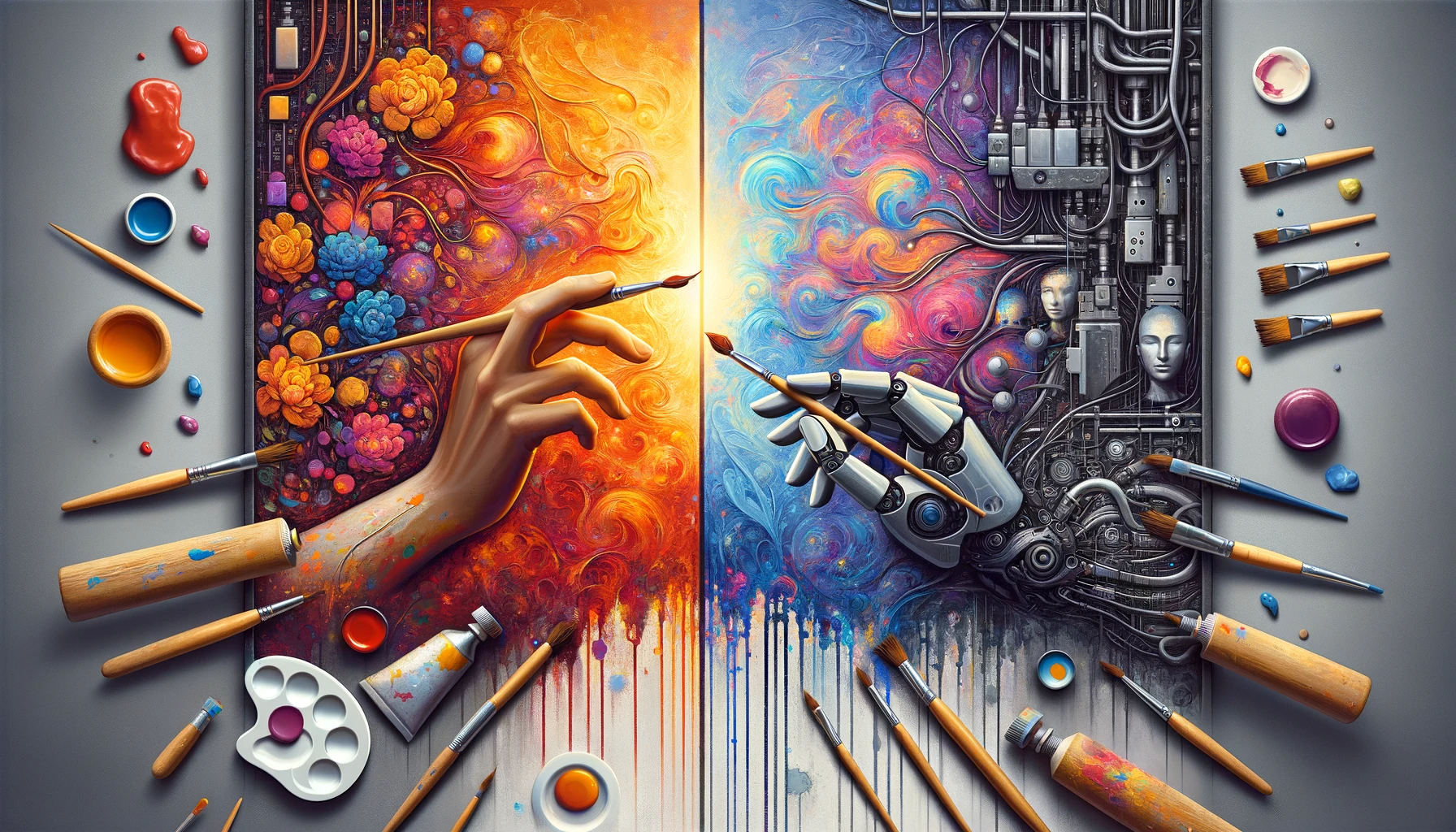Why Chaos and Human Touch Still Dominate Real Creativity in the AI Era

AI might be crunching numbers and generating content at lightning speed, but true creativity? That's still a messy, human game.
The Unstructured Edge
While algorithms optimize for efficiency, breakthrough ideas often emerge from chaos—random connections, irrational leaps, and coffee-stained napkins. No neural network replicates the magic of a sleep-deprived brainstorm at 3 AM.
The Emotional Algorithm
AI can mimic Bach or Basquiat, but it doesn’t *feel* the dissonance of a minor chord or the rage behind a splattered canvas. Human creators channel lived experience—something no training dataset can scrape.
Finance Bonus Jab
Sure, hedge funds use AI to automate trading strategies. And yet—the most profitable moves still come from humans who ignore the models to bet on meme coins during a liquidity crunch.
The Bottom Line
Tools evolve, but creativity stays stubbornly human. For now.
Human wisdom, artificial limits
Max Li, founder and CEO of decentralized cloud computing platform OORT, told Decrypt in an interview that AI's capabilities are fundamentally limited by their human-defined origins.
"What appears to be emergent in AI is still grounded in human-initiated structures," Li explained, responding to Decrypt's questions.
Li, whose platform leverages decentralized infrastructure to support AI workloads such as agentic trading models, argues that even advanced models remain limited by the architectures, datasets, and training objectives initially set by humans.
While AI systems "can emulate certain patterns of reasoning or behavior," they "do not possess this kind of intrinsic cognitive grounding or self-originating understanding," Li said.
Those behaviors, while "sometimes surprising," are "ultimately constrained by the knowledge and logic" given by humans, Li added.
Li's observation resonates with Deleuze, who argued that even in creative chaos, an artist’s physical and emotional struggle with randomness opens up the potential for creativity.
"It is as if the painter were an eye, a hand, a nervous system, who searches, who tries all the combinations in the hope that something will emerge, that something will come," Deleuze said.
Where Deleuze saw creativity as a high-stakes act of human risk and creation, today's AI systems recombine what's already known.
The limit, Li argues, comes with how humanity attempts to expand the scope of what can be "described" or decrypted.
"The more we can describe, the more developed our civilization becomes,” Li.
Even still, "creativity isn’t enough" to meet the changing needs of human expression, Virgilio Rivas, professor of philosophy at the Polytechnic University of the Philippines, told Decrypt.
What humans could do is "push creativity through AI to invent and reinvent human memory," Rivas said.
Edited by Sebastian Sinclair

